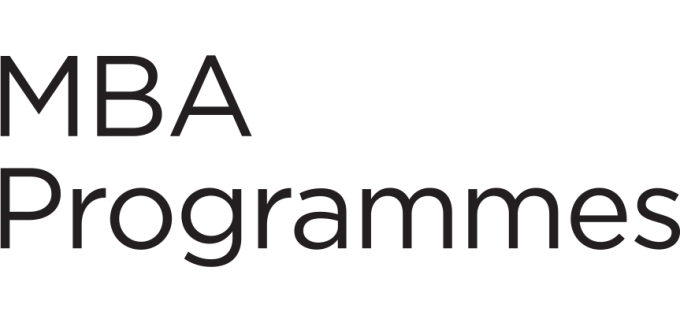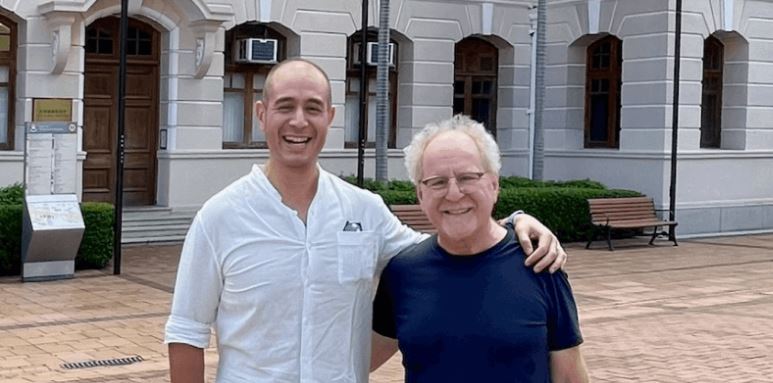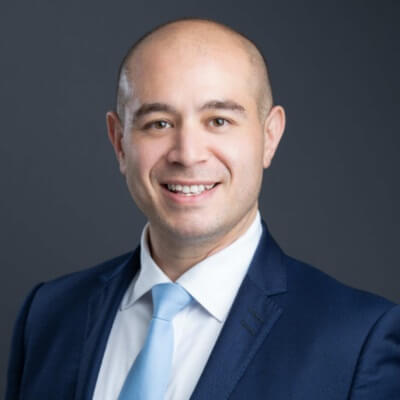What is Business Ethics in the HKU MBA?
Boris Meyer admits that he had “preconceptions in [his] mind” about what his MBA business ethics course would entail. He remembers thinking “okay, I know what it means: what companies should do and shouldn’t do.” (10:57)
However, his assumptions were only partially correct. Boris gives Professor David Lee credit because he approached business ethics from an unexpected perspective. Essentially, he encouraged students to look inwards rather than outwards.
First of all, Professor Lee “opened up every session, every course, with an open discussion [about] something that happened recently. He’d ask questions, you know, trying to elicit personal feelings and different types of views on that particular issue or [topic].” (11:14)
Boris emphasizes that the business ethics class “was one of the few courses where you actually saw a lot of students participating and giving their opinions and thoughts.” (12:09)
In addition, due to Professor Lee’s evaluation methods, students ended up with “pretty much a self-guide book, because you’ve written…everything that’s related to you in particular. Even though you submit it to [Professor Lee], you’re actually submitting it to yourself.” (13:18)
Boris provides more detail about the self-reflective evaluation methods he encountered in his business ethics course:
“Instead of having an exam or something…[Professor Lee] would say ‘okay, I’m asking you just to write a couple of sentences, do a couple of things that [relate] particularly to you.’ So, personal level, what are the things you think are important in your life? Whether it’s your family, your professional ambitions, and things like this.” (12:39)
For Boris, this approach was particularly interesting because he feels most people do not take the time to reflect deeply on their own personal values, which is key to success in all areas of life.
Family ties to Hong Kong University
Having been raised in Hong Kong, Boris was particularly excited to do his MBA at HKU because his father was a professor there himself. In fact, he was “the head of the French department.” (05:38)
As a result, Boris has lots of happy childhood memories surrounding the Hong Kong University campus, like “[growing] up [in the staff housing area], [visiting] his father, [and going] to the sports grounds.” (05:44)
Although Boris applied to do his undergraduate degree at Hong Kong University, he jokes that “unfortunately in high school, I wasn’t a very brilliant student.” (06:02) He ended up doing his Bachelor’s degree elsewhere, but HKU “was always in the back of [his] mind.” (06:23)
When he decided to apply for their MBA program in 2020, he (and his father) were very proud when he got his acceptance letter.
Essential support networks for MBA students
Boris gives deep thanks to the support network he has relied on during his MBA program so far. Without them, his MBA journey would have been much more difficult.
First of all, he expresses gratitude to his wife because she’s been his rock and has “actually been helping me and supporting me all along…she’s the one [who’s] pushed me to do this MBA.” (14:41)
Boris explains that “it can be tough, but if you have somebody that’s very close and that’s able to support you, that’s probably something you can very much cherish. I think if you go through all [those] tough times together, it just makes everything a little bit [sweeter in the end].” (15:17)
Finally, Boris feels grateful for the strong friendships he made throughout the first year of his MBA program. He’s loved getting to know all their personal stories and backgrounds and appreciates the close-knit community they’re forming.


